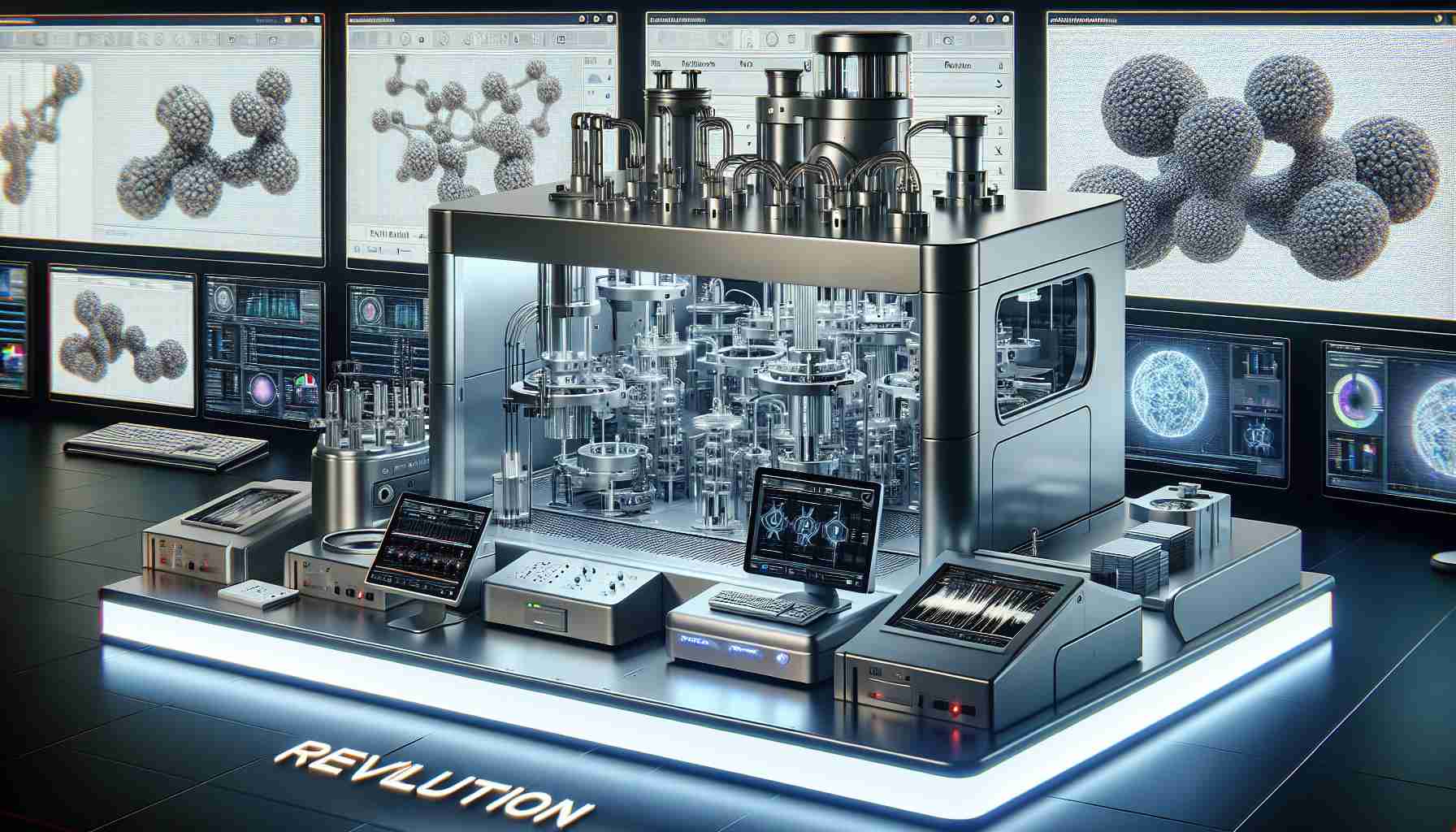Protein engineering is a field that holds immense promise in various scientific and medical domains. However, the traditional methods used to design proteins with novel or improved functions have been slow, laborious, and inefficient, hindering the full potential of this field.
Fortunately, a groundbreaking solution has been introduced by researchers at the University of Wisconsin-Madison: the Self-driving Autonomous Machines for Protein Landscape Exploration (SAMPLE) platform. This innovative approach combines an intelligent agent with a fully automated robotic system to revolutionize protein engineering.
The SAMPLE platform operates through a collaborative process. The intelligent agent designs new proteins while learning about the relationship between protein sequences and their functions. Meanwhile, the robotic system performs experiments and provides feedback to further enhance the protein engineering process.
The researchers conducted 10,000 simulated protein engineering trials using the SAMPLE platform, with a focus on cytochrome P450 data. They utilized various Bayesian optimization (BO) methods to select protein sequences for testing. The effectiveness of these methods was measured by the thermostability of the engineered proteins. Additionally, the study explored the advantages of smaller batch experiments through batch testing. The intelligent agent’s design decisions were guided by a Gaussian Process (GP) model trained on sequence-function data, ensuring robustness and reliability through multiple layers of exception handling and quality control.
Impressively, the SAMPLE platform successfully identified glycoside hydrolase enzymes with significantly improved stability compared to the initial sequences. These machine-designed proteins demonstrated a remarkable increase of at least 12°C in thermal tolerance. Interestingly, although each agent identified unique top sequences, they eventually converged to the same region in the fitness landscape, indicating the attainment of the global fitness peak. The enhanced thermostability and preserved catalytic activity of the machine-designed proteins were further validated through human characterization.
The SAMPLE platform represents a major advancement in protein engineering, showcasing the potential of self-driving laboratories to automate and expedite scientific discovery. By integrating learning, decision-making, and experimentation in a fully autonomous manner, this technology surpasses previous semi-autonomous systems. This systematic approach highlights the synergy between intelligent computational design, automated experimentation, and precise data management, propelling the field of protein engineering forward.
